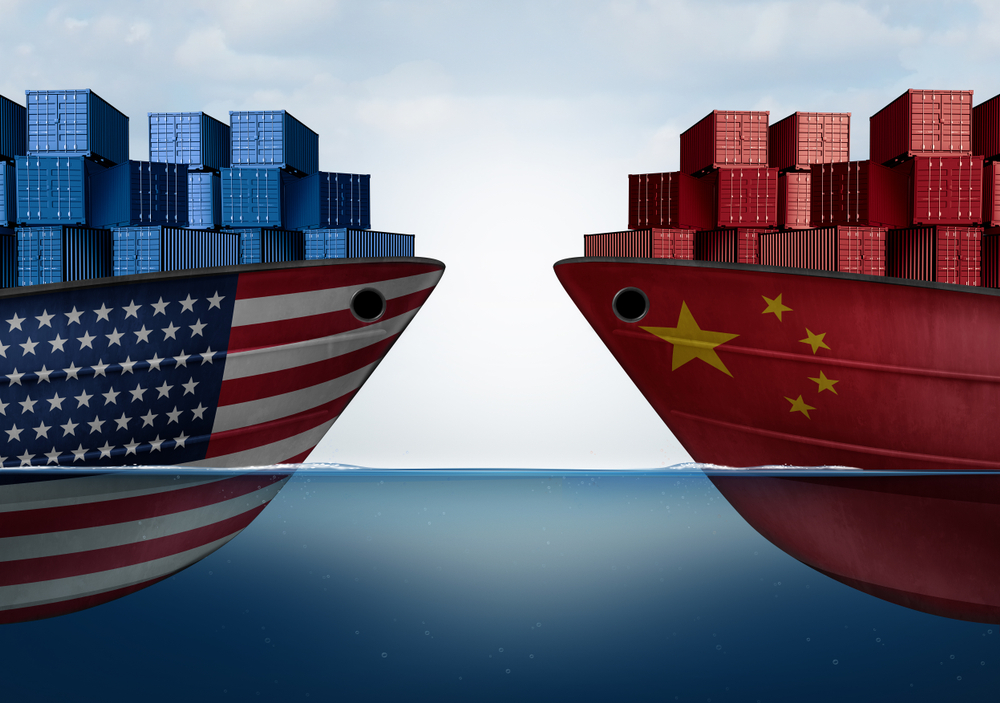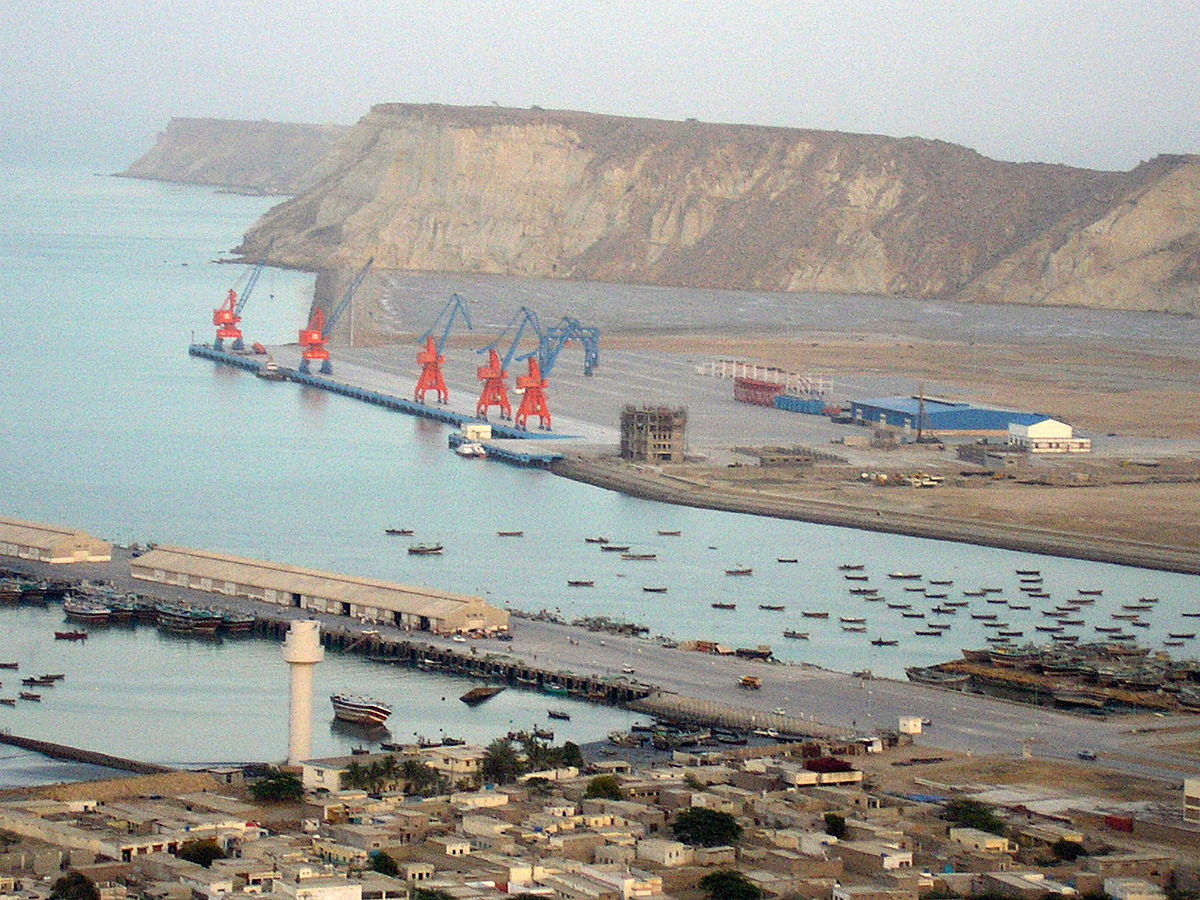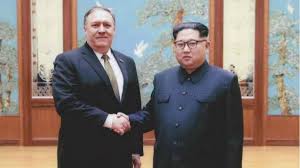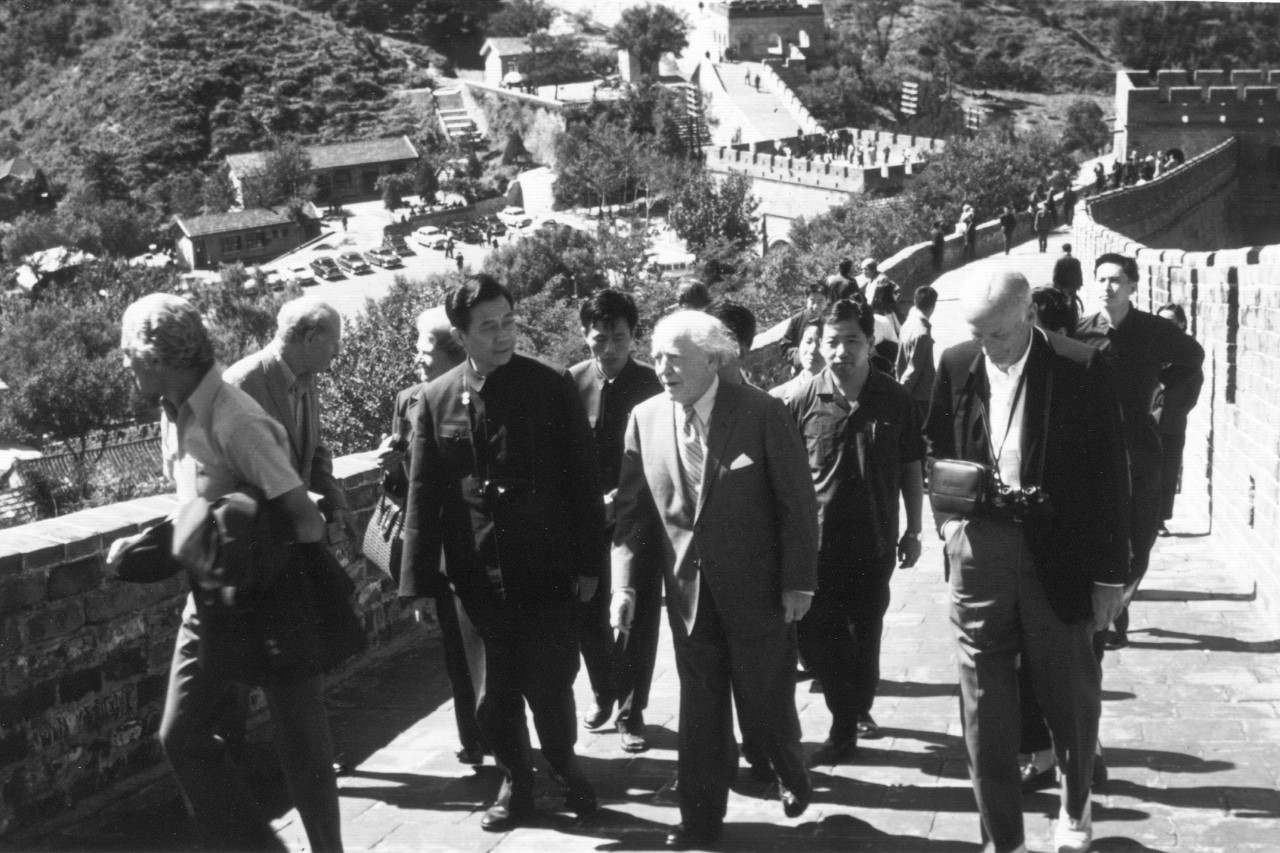
 The Trade War Begins
The Trade War BeginsAs of 12:01am on Friday morning, the trade war between the United States and China began in earnest. The American government began to collect tariffs on $34 billion worth of Chinese goods, which was immediately followed by the Chinese government's equivalent response of tariffs on 545 goods including beer, seafood, dairy, and automobiles. The tariffs are the culmination of months of threats by President Trump to combat what he perceives to be unfair Chinese trade practices with the full force of the U.S. government, and vows from the Chinese government that they would respond in kind to protect China's interests.
Speaking on Friday after both countries had imposed tariffs, Chinese Premier Li Keqiang stressed that China's tariffs were a defensive response. "China would never start a trade war but if any party resorts to an increase of tariffs then China will take measures in response to protect development interests," he said.
The United States is expected to impose additional tariffs on another $16 billion worth of Chinese products later this summer, an escalation that some assert could harm the interests of both nations. Should the U.S. continue to increase the value of tariffs, as President Trump has warned, some commentators have questioned whether the Chinese government would begin to target American businesses operating in China. Ministry of Commerce spokesman Gao Feng denied this was part of Beijing's strategy. "As for possible impacts on businesses from the trade war initiated by the United States, we will keep assessing the situation and make efforts to help [foreign] businesses to mitigate any possible impacts," he said.
With both sides digging in, it appears there will be no quick end to the trade tensions between the U.S. and China. As Professor Wing Thye Woo noted in an article shared on China-US Focus this week, "Unless both sides start distinguishing between economic and strategic competition, the U.S.-China trade war will not be over by Christmas."
 Belt and Road Projects Questioned
Belt and Road Projects QuestionedLevels of enthusiasm for China's huge global development project, the Belt and Road Initiative (BRI), appear to have dipped. Official Chinese data shows that in the first five months of 2018, Chinese companies signed BRI contracts worth $36.2 billion, down nearly 6% from a year ago. Chinese officials involved in project financing have indicated that the drop is a result of developing economic risks and market uncertainties, including the China-U.S. trade war. The New York Times reported recently that China has begun an interagency review of BRI deals to ensure debt sustainability.
In the wake of negative press on the BRI— including around Sri Lanka's Hambantota Port which was ceded to a Chinese conglomerate on a 99-year lease after the government failed to repay debts to China— several countries are reviewing their infrastructure deals. This week, newly-elected Malaysian Prime Minister Mahathir Mohamad suspended four China-linked infrastructure initiatives signed by the previous administration, citing excessive costs. These projects include oil and gas pipelines and a railway, the East Coast Rail Link, which the Malaysian finance minister claimed will cost 50% more than the previous government had indicated. Pakistani journalist Adnan Aamir wrote for China-US Focus this week that in Pakistan, concern has been rising over the extent of Pakistan's debt to China, including an expected increase in debt servicing payments to potentially $8.3 billion annually by the end of 2019. "Rather than helping Pakistan's economy, CPEC is creating a debt trap for Pakistan which will result in Pakistan's continued economic dependence on China," he wrote.
In a review of challenges to the success of the Belt and Road, Vincent Mack and Christopher H. Lim argued recently that China must demonstrate the credibility of the BRI to the global community. "The world remains uneasy about accepting the BRI and the promise of a Chinese-led economic model as co-development engine for growth," they argue.
 What Will Pompeo Gain on the Peninsula?
What Will Pompeo Gain on the Peninsula?Less than a month after President Trump's declaration that, "there is no longer a Nuclear Threat from North Korea," U.S. Secretary of State Mike Pompeo arrived in North Korea on Friday to monitor the country's progress in dismantling its nuclear program. Pompeo faces huge pressure to provide evidence that the Singapore Summit was truly a turning point and not just a photo-op.
Prior to Pompeo's visit, American monitoring group 38 North published a report stating that infrastructure improvements at North Korea's Yongbyon Nuclear Research Facility were continuing at a rapid pace. While the analysts noted that construction at the facility "should not be seen as having any relationship to North Korea's pledge to denuclearize," commentators have been quick to point to this as evidence that a detailed agreement to achieve denuclearization is urgently needed.
Secretary Pompeo and his team have been tasked with assessing the level of advancement of North Korean nuclear and missile programs in order to create a potential timeline for the programs' "complete, irreversible and verifiable dismantlement" — the U.S.'s primary demand. You Seung-min, chief strategist at Samsung Securities, noted that while many seek a compact timetable for denuclearization, "That will be the start of a long journey to denuclearization negotiations, which will take at least a few years."
Within the U.S., some are skeptical of whether North Korea truly intends to surrender its nuclear stockpile. Last week, The Washington Post reported that U.S. intelligence officials had obtained evidence that suggested that North Korea is considering ways to conceal the number of weapons and production facilities it has. In an article for China-US Focus about the difficulty of denuclearizing North Korea, Cui Lei of the China Institute of International Studies argues that Kim Jong Un pursues absolute security, which he is likely to prioritize above any economic rewards that could be obtained. "Minimal opening up and quasi-isolation will more likely keep the regime secure, keeping unfavorable foreign influence at bay," he argues.
 This Week's Top Commentary
This Week's Top CommentaryClassical music, condemned during China's Cultural Revolution, now finds its greatest contributors and consumers in China. This week, Jana McBurney-Lin explores the impact of music as a means of cultural exchange between China and the United States since the Philadelphia Orchestra's pivotal Tour of China in 1973.
"The '73 Philadelphia Orchestra Tour stoked long dormant embers in the hearts of the Chinese, sparking over the past 45 years a wildfire of classical music appreciation. Once closed to Western music, today China not only excels at teaching and performing the classics, but works with the U.S. to keep American orchestras alive," McBurney-Lin argues. "In turn the U.S. provides the nurturing, creative climate for Chinese musicians to continue thriving. What began as a one-off moment of cultural exchange has turned into a long-term reciprocal bond between the U.S. and China, a bond from which the whole world benefits." Read the full article here.
Prepared by China-US Focus editorial teams in Hong Kong and New York, this weekly newsletter offers you snap shots of latest trends and developments emerging from China every week, while adding a dose of historical perspective.
- 2018-06-29 President Trump Chooses Slightly Softer Option on Chinese Investment
- 2018-06-22 Trade Tensions Spark Stock Sell-Off in China
- 2018-06-14 How “Comprehensive” Is the Kim-Trump Agreement?
- 2018-06-08 China Awards Putin First Medal of Friendship
- 2018-06-01 USPACOM Rebranded As U.S. Indo-Pacific Command
- 2018-05-25 Trump Cancels North Korea Meeting
- 2018-05-18 The On/Off Trump-Kim Summit
- 2018-05-11 American Goods Are Stuck at Chinese Ports
- 2018-05-04 China and the U.S. Lay Trade Demands on the Table
- 2018-04-27 U.S. Delegation Will Visit China Next Week
- 2018-04-20 China and the U.S. Seek Allies in Trade Dispute
- 2018-04-13 President Xi Reviews the PLA Navy
- 2018-04-06 China and Russia Pledge Military Cooperation in a Signal to the United States
- 2018-03-30 Kim Jong Un Visits Beijing on First Overseas Visit
- 2018-03-23 President Trump Asks for Tariffs on Around $50 Billion Worth of Chinese Imports
- 2018-03-16 Tillerson to be Replaced by Mike Pompeo as Secretary of State
- 2018-03-09 President Trump Agrees to Meet Kim Jong-Un
- 2018-03-02 U.S. Imposes Tariffs on Chinese Aluminum
- 2018-02-23 A Week of Developments Related to North Korea
- 2018-02-16 Cui Tiankai says U.S. Should Not Advocate Confrontational Strategy Towards China
